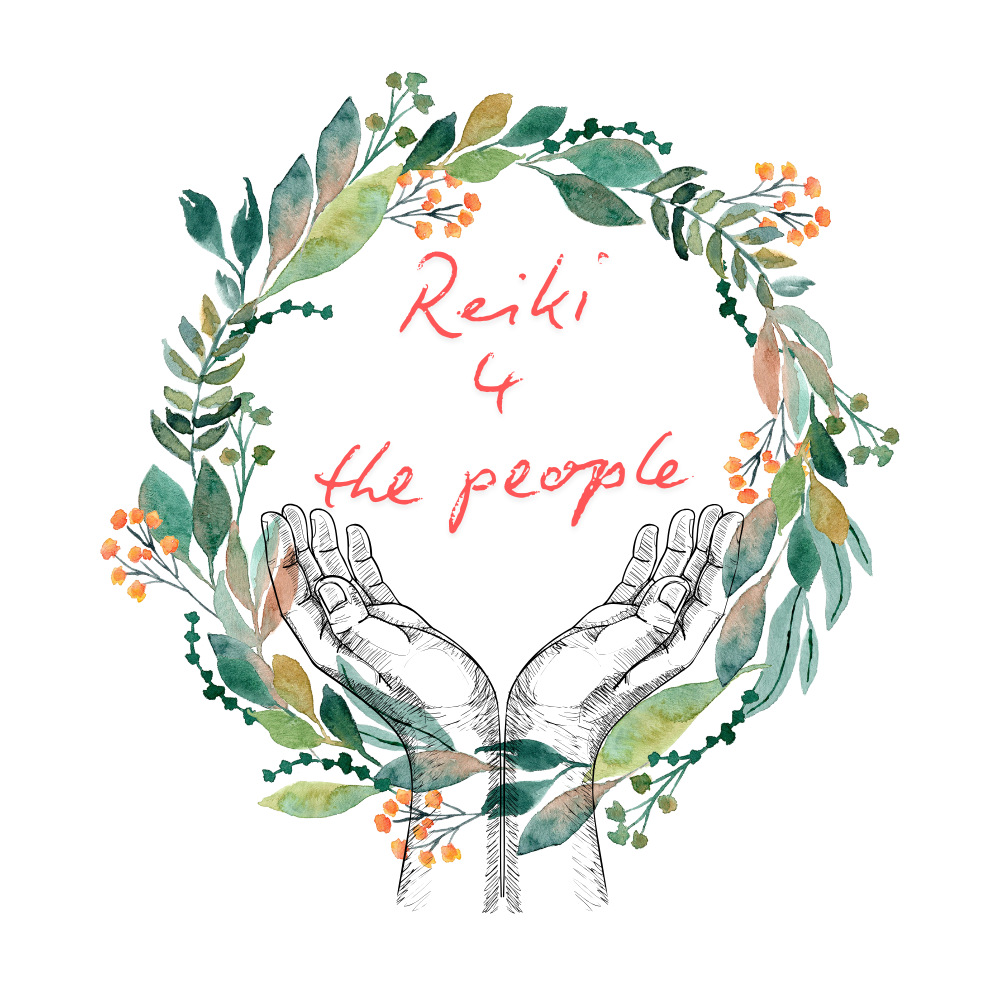A Gentle Therapy
Reiki (pronounced ray-key) is a form of therapeutic energy medicine, also known as biofield therapy.
Rei = Universal / Spiritual / Sacred
Ki = Life-Force Energy
Reiki is utilized to restore a person’s energy back to a state of harmony and elicits a relaxation response that promotes healing.
Research reflects that Reiki helps prevent burnout, reduces stress, anxiety and depression, induces relaxation and reduces the perception of pain. Reiki is a non-invasive therapy that is both gentle and profound. Reiki treatments can promote trauma recovery and rehabilitation, support stress-reduction and relaxation, aid effective immune-system function and enhance the body's self-healing mechanisms for holistic health and wellbeing.
Rather than acting solely on a physical level, Reiki is holistic in its effect - eliciting a healing response across the entire spectrum of a person - physical, mental, emotional and spiritual.
Reiki treatments have no negative side effects, and do not require any preparation or concentration on the part of the client. They are an effective complement to, but not a replacement for, modern medical, therapeutic, and mental health services.
Receiving a Treatment
Reiki treatments are administered through laying on of the hands* (in person or remotely) in a series of hand positions that correspond with key bodily organs and energy channels (meridians) that optimize bodily function and promote the natural flow of bodily energy (chi / prana).
*due to the nature of bodily trauma Reiki sessions may be performed without any actual physical touch and are always performed with client safety and consent.
Each treatment or series of treatments can either provide generalized support for wellbeing or may target specific ailments - physical, emotional or spiritual.
Within a Reiki treatment we honor Practitioner - Client confidentiality and do not relay any personal or confidential information to any third party.
Reiki Principles
Central to the Reiki system of wellness and self-development, is a set of 5 guiding principles - referred to in Japanese as the gokai.
Reciting these principles daily and holding them throughout our day are intended to support the transformation of our mindset in day-to-day activities, bringing our spirit into balance and right-relationship with all people and situations we encounter.
You may see the Reiki gokai translated slightly differently in other places yet they all express the same essence.
Just for today…
Do not rise to destructive anger;
Do not succumb to worry;
Hold onto gratitude for teachers, elders and life’s blessings;
Perform your work diligently and with integrity;
Act with kindness and in right relationship to others.
Reiki Origins
While the human practice of healing through the laying on of hands has unknown ancient origins, the Usui System of Natural Healing, or Usui Shiki Ryoho is a practice that originated in Japan nearly 100 years ago. Its founder, Mikao Usui, developed this system of mind-body treatments after many years of research, study, and meditation focused on finding a method of healing as described in Christian and Buddhist scripture. This quest culminated in a profound one-month fasting retreat on Mount Kurama in Japan where Usui’s system originated.
The protocols for the practice were continuously developed by Mikao Usui throughout his life and further developed by his students in an unbroken lineage from teacher to student to the present day.
An Unbroken Lineage
Over the course of Mikao Usui’s life, he created a system of connecting his students to the energy of Reiki through a Reiju, or initiation / attunement, which is central to Usui Shiki Ryoho and incorporates the use of sacred symbols to transmit Reiki from hand-to-hand; teacher to student. The unbroken lineage has now spanned 5 generations of qualified Reiki Masters, handed down to Reiki for the People founder andrés villalon; from Hayashi Chujiro, Hawayo Takata, John Harvey Gray and Brian Brunius.
This practice holds the power and blessings of this lineage of Reiki Masters staying true to the essence and practice of Mikao Usui. Anyone may learn and be attuned to Reiki and, through practice, can develop the ability to provide Reiki treatments to themselves and others.
A Mind-Body-Spirit Practice
Reiki works at the intersection of the mind, body and spirit.
The fact that our mind body and spirit are connected is a central tenet of many traditional healing and spiritual practices - including Buddhism, Traditional Chinese Medicine and traditional indigenous understandings of the Lakota, Shipibo and Taino peoples among others. To heal one (mind, body or spirit) is to heal all three without separation
Modern medical doctors like Dr. John Sarno have explored the mind-body connection and recognized that our patterns of mind have an impact on our physical body. The patterned ways of feeling, thinking and responding to life can manifest physically in the body as well being or dis-ease. Eventually, over time, these patterns in the mind-body-spirit can manifest as constriction, pain or illness resulting in chronic health issues such as back-pain, stomach and digestive issues, high-blood pressure, etc.
Kokoro is a Japanese word referring to the mind, body and spirit, which has three basic meanings: the heart and its functions; mind and its functions; and center, or essence. Through the course of Reiki treatments, clients receive Reiki in each of these three areas to promote mental, physical and spiritual wellness.



